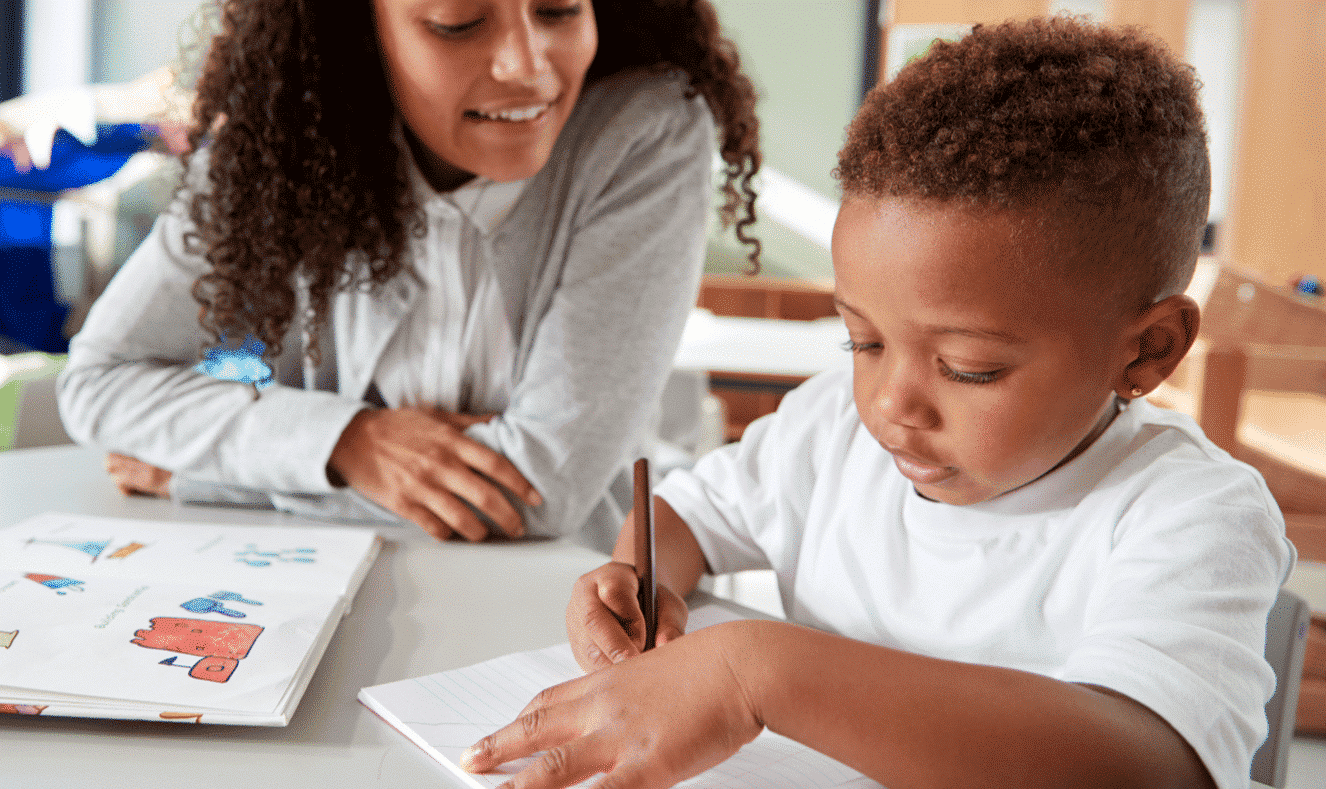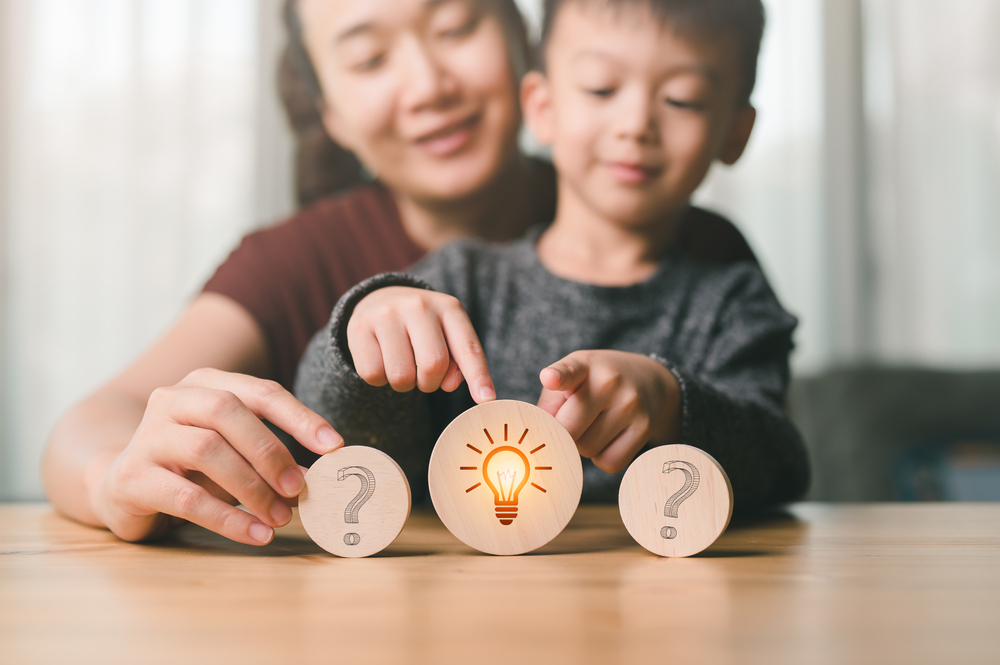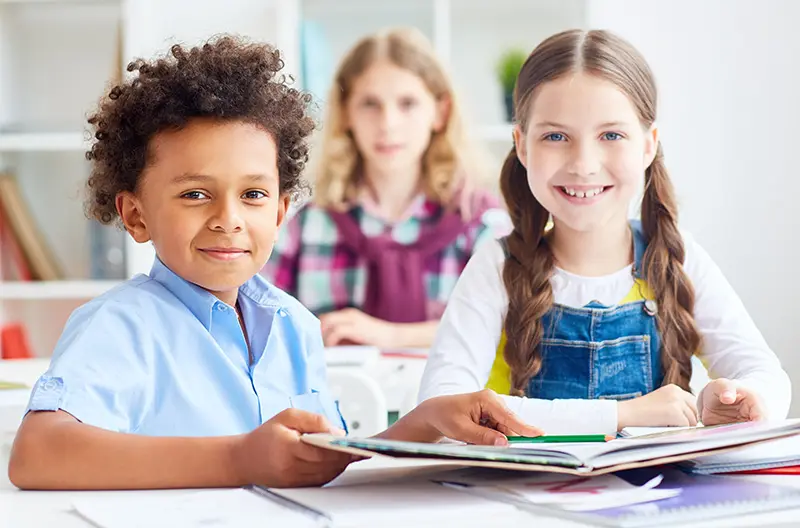As parents, we all want the best for our little ones, and fostering their cognitive, emotional, and physical development is a top priority. One powerful tool that can aid in this journey is the incorporation of educational toys into playtime. These carefully designed playthings offer a plethora of benefits that extend far beyond mere entertainment, nurturing various aspects of a child’s growth and preparing them for future success.
Unleashing Cognitive Powers through Play
Educational toys are masterfully crafted to stimulate children’s cognitive abilities, encouraging them to think critically, solve problems, and develop essential skills. From puzzles that challenge their spatial reasoning to interactive games that enhance memory and attention span, these toys provide a delightful learning experience disguised as pure fun.
Enhancing Problem-Solving Skills
Many educational toys incorporate elements that require children to think outside the box and devise creative solutions. As they navigate through challenges and obstacles, they hone their problem-solving abilities, developing invaluable skills that will serve them well throughout their academic and professional lives.
Boosting Creativity and Imagination
Imaginative play is a cornerstone of childhood, and educational toys excel at fostering creativity and imagination. From construction sets that encourage innovative building to art supplies that unleash artistic expression, these toys provide a canvas for children to explore their boundless creative potential.
Read Also: Fun Learning Activities for 5-Year-Olds: Unleash Their Potential with Joy
Nurturing Fine Motor Skills and Hand-Eye Coordination
Educational toys often incorporate elements that challenge and refine children’s fine motor skills and hand-eye coordination. From manipulating small pieces in a construction set to threading beads onto a string, these activities help develop the dexterity and precision essential for tasks like writing, drawing, and even tying shoelaces.
Enhancing Physical Development
In addition to fine motor skills, many educational toys encourage physical activity, promoting gross motor development and overall fitness. Interactive games that involve movement, balance, and coordination not only keep children active but also lay the foundation for future athletic pursuits and a healthy lifestyle.
Fostering Social and Emotional Growth
Educational toys are not limited to cognitive and physical development; they also play a crucial role in nurturing children’s social and emotional well-being. Collaborative games and activities teach valuable lessons in teamwork, communication, and emotional intelligence, equipping children with essential life skills.

Building Confidence and Self-Esteem
As children master new challenges and achieve accomplishments through educational toys, their confidence and self-esteem receive a significant boost. This positive reinforcement nurtures a growth mindset and instills a sense of pride and resilience that will serve them well throughout their lives.
Read Also: Handwriting Practice Workbook: Unleash Your Child’s Penmanship Potential
A Comparison of Educational Toys and Their Benefits
To further illustrate the diverse range of benefits offered by educational toys, let’s explore a comparison table:
| Educational Toy | Cognitive Benefits | Physical Benefits | Social/Emotional Benefits |
|---|---|---|---|
| Puzzles | Problem-solving, spatial reasoning, memory | Fine motor skills, hand-eye coordination | Confidence, patience, perseverance |
| Building Sets | Critical thinking, creativity, spatial awareness | Fine motor skills, hand-eye coordination | Teamwork, communication |
| Board Games | Strategic thinking, decision-making, numeracy | – | Turn-taking, sportsmanship, social interaction |
| Arts and Crafts | Creativity, imagination, self-expression | Fine motor skills, hand-eye coordination | Self-confidence, emotional outlet |
| Active Games | Concentration, reaction time | Gross motor skills, physical fitness | Teamwork, cooperation, social skills |
This table highlights the diverse benefits that educational toys offer, catering to various aspects of a child’s development and providing a well-rounded learning experience through play.

Read Also: Unleash Your Child’s Number Mastery with Free Preschool Counting Worksheets Printable
Choosing the Right Educational Toys
When selecting educational toys for your child, it’s essential to consider their age, interests, and developmental stage. Seek out toys that align with their current abilities while also offering a gentle challenge to promote growth and learning.
Additionally, prioritize toys that encourage open-ended play and creativity, as these foster imagination and independent thinking. Involve your child in the selection process, as their enthusiasm and engagement will be heightened when they have a say in the matter.
Striking a Balance: Play and Learning
While educational toys offer numerous benefits, it’s crucial to strike a balance between structured learning and free play. Children thrive when they have opportunities for unstructured exploration and imagination, allowing them to discover their unique interests and curiosities.
By incorporating both educational toys and open-ended play into your child’s routine, you create a harmonious environment that nurtures their cognitive, physical, social, and emotional development in a holistic manner.
Conclusion
Educational toys are far more than mere playthings; they are powerful tools that foster cognitive development, nurture physical skills, and promote social and emotional growth in children. By incorporating these engaging and stimulating toys into your child’s playtime, you open a world of learning and discovery, setting the stage for a lifetime of achievement and success.
Embrace the power of play and witness the remarkable transformation it brings to your child’s growth and development. Invest in high-quality educational toys, and embark on an exciting journey where learning and joy go hand in hand.
Read Also: Educational Games for Toddlers at Home: Nurturing Early Learning with Fun and Creativity






